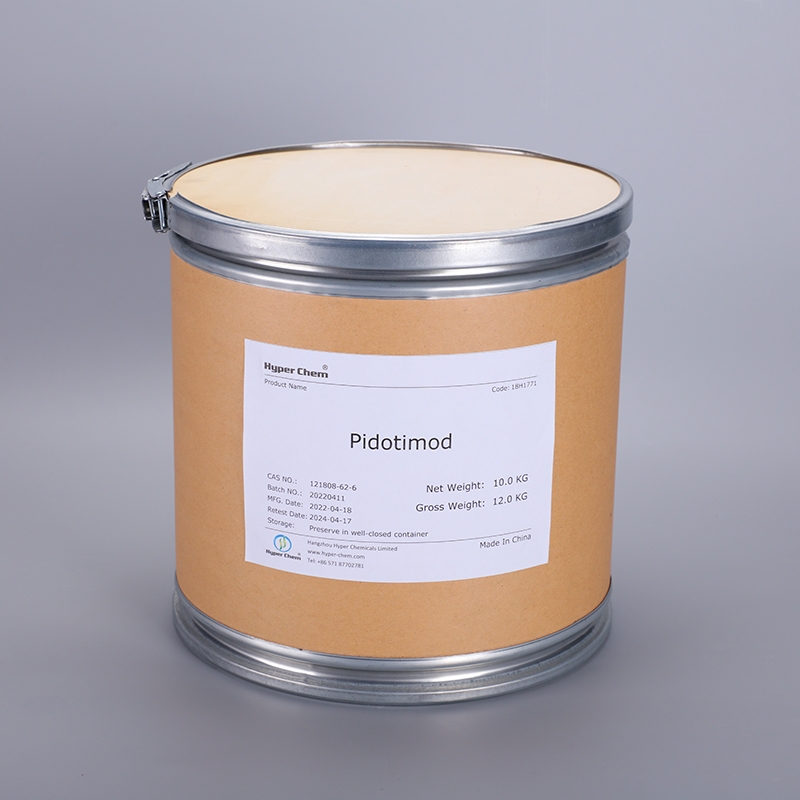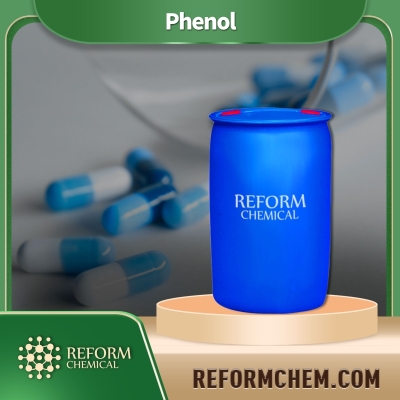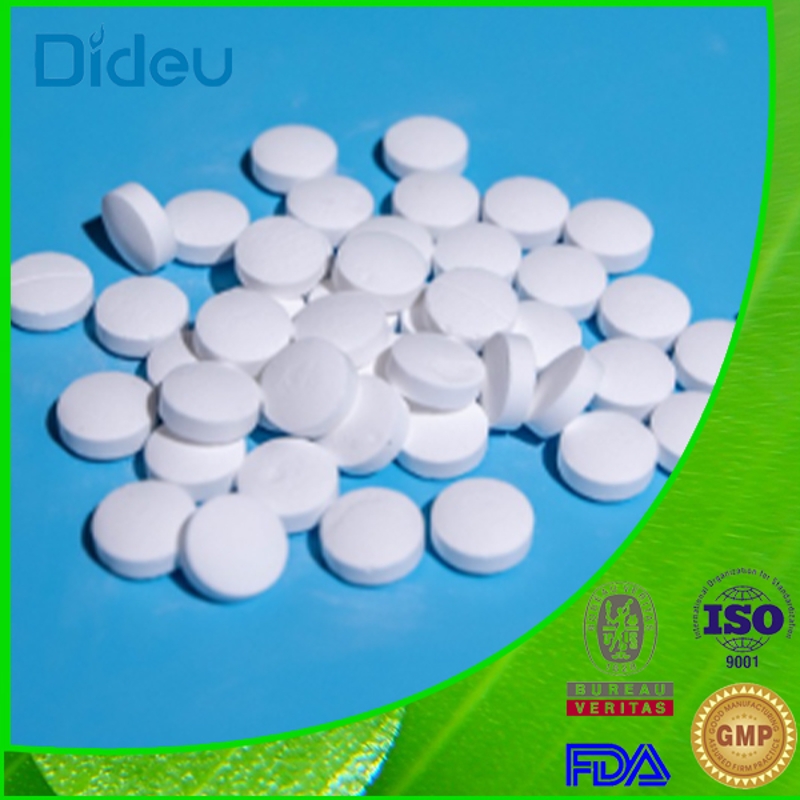-
Categories
-
Pharmaceutical Intermediates
-
Active Pharmaceutical Ingredients
-
Food Additives
- Industrial Coatings
- Agrochemicals
- Dyes and Pigments
- Surfactant
- Flavors and Fragrances
- Chemical Reagents
- Catalyst and Auxiliary
- Natural Products
- Inorganic Chemistry
-
Organic Chemistry
-
Biochemical Engineering
- Analytical Chemistry
-
Cosmetic Ingredient
- Water Treatment Chemical
-
Pharmaceutical Intermediates
Promotion
ECHEMI Mall
Wholesale
Weekly Price
Exhibition
News
-
Trade Service
B-[4-(1-Azetidinylsulfonyl)phenyl]boronic acid, commonly referred to as BASBA, is an important compound in the chemical industry due to its unique properties and diverse applications.
In this article, we will explore the various applications of BASBA in the chemical industry.
One of the major applications of BASBA is as a catalyst in the production of polymers.
It is used in the production of polyurethanes, polyesters, and other types of polymers.
BASBA is an efficient catalyst due to its ability to coordinate to transition metal ions, allowing for the formation of strong bonds between the monomers.
This results in the formation of polymers with high molecular weight and improved mechanical properties.
Another application of BASBA is in the production of fine chemicals.
It is used as a catalyst in the production of fine chemicals such as bisphenol A, which is used in the production of polycarbonate plastics.
BASBA is also used in the production of nylon intermediates, which are used in the production of nylon 6,6, a widely used synthetic fiber.
In addition to its use as a catalyst, BASBA is also used as a ligand in the production of metal complexes.
These complexes have applications in various areas, including as catalysts, medicines, and chemical sensors.
For example, BASBA can coordinate to transition metal ions such as zirconium, titanium, and chromium to form complexes that can be used as catalysts for various chemical reactions.
BASBA is also used in the production of organic light-emitting diodes (OLEDs).
OLEDs are used in various electronic devices such as smartphones, televisions, and computer screens.
BASBA is used as a material for the emission layer of OLEDs due to its ability to efficiently transport electrons and holes in the material.
In recent years, BASBA has also been studied for its potential use in solar cells.
It is used as a sensitizer in dye-sensitized solar cells (DSSCs), which are a type of solar cell that uses a dye as a sensitizer to convert sunlight into electrical energy.
BASBA has been shown to improve the efficiency of DSSCs due to its ability to coordinate to metal ions and transport electrons in the material.
In conclusion, BASBA is a versatile compound with a wide range of applications in the chemical industry.
It is used as a catalyst in the production of polymers and fine chemicals, as a ligand in the production of metal complexes, in the production of organic light-emitting diodes (OLEDs), and has potential use in solar cells.
Its unique properties make it an important compound in the chemical industry, and its applications are likely to expand in the future.







